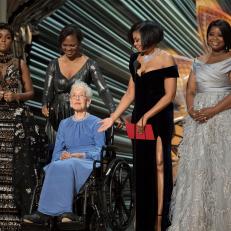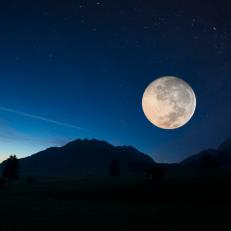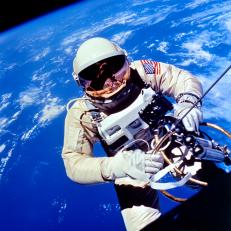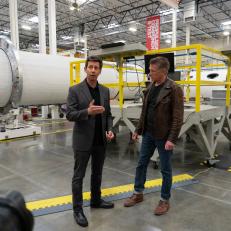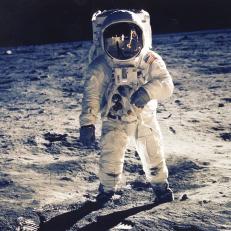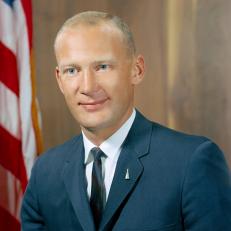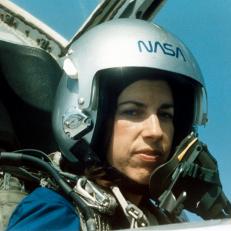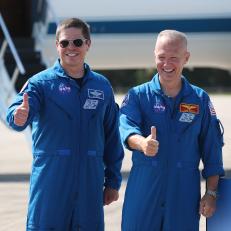Celebrating the 2019 Nobel Prize Laureates in Science
Nine men from all over the world were honored in Stockholm at the Nobel Prize Ceremonies for Physics, Chemistry, and Medicine. Here are some interesting facts about these men and their extraordinary impact in their fields.
James Peebles
James Peebles is a Canadian-American Astrophysicist, who is currently the Albert Einstein Professor Emeritus of Science at Princeton University, where he has been either in attendance or on faculty since 1958. He has been granted half of the prize share of the Nobel Prize in Physics in 2019 for theoretical discoveries in physical cosmology.
Michel Mayor
Michel Mayor is a Swiss Astrophysicist who is currently professor emeritus at the University of Geneva’s Department of Astronomy. He has been awarded one fourth of the prize share of the Nobel Prize in Physics for the discovery of an exoplanet orbiting a solar-type star.
Didier Queloz
Didier Queloz is also a Swiss Astrophysicist who is a professor of physics at the Cavendish Laboratory at Cambridge University and at the University of Geneva. He worked along with Michel Mayor, receiving the other quarter of the Nobel Prize in Physics for the discovery of an exoplanet orbiting a solar-type star.
John B. Goodenough
John B. Goodenough is a German-born American who at the age of 97, is the oldest Nobel Laureate in history. He has been a professor at the school of engineering at UT Austin, where he still is active in research. John B. Goodenough was granted one third of the Nobel Prize in Chemistry for the development of lithium-ion batteries.
M. Stanley Whittingham
M. Stanley Whittingham is an Oxford-educated English-American Chemist. His studies in Chemistry lead to the development of the lithium-ion battery for which he has been awarded one third of the 2019 Nobel Prize in Chemistry. He is currently a professor at SUNY Binghamton.
Akira Yoshino
Akira Yoshino is a Japanese Chemist who has been awarded one third of the Nobel Prize in Chemistry for the development of lithium-ion batteries. His journey towards the prize and fascination with chemistry started when one of his teachers recommended he read The Chemical History of a Candle written by Michael Faraday.
William G Kaelin Jr.
William G. Kaelin Jr. is an American professor of medicine at Dana-Farber Cancer Institute and Brigham & Women’s Hospital at Harvard Medical School. Dr. Kaelin’s studies into rare genetic cancers lead to him being granted one third of the Nobel Prize awarded for his discoveries of how cells sense and adapt to oxygen availability.
Sir Peter J. Ratcliffe
Sir. Peter J. Ratcliffe is an English director of clinical research at the Francis Crick Institute in London. Throughout his career as a medical doctor and researcher, Dr. Ratcliffe he became a kidney specialist which lead him to his discovery of how cells sense and adapt to oxygen availability, for which his was awarded one third of the Nobel Prize in Medicine and Physiology.
Dr. Gregg L. Semenza M.D., Ph.D
Dr. Gregg L. Semenza M.D., Ph. D is an American professor at Johns Hopkins in the field of genetic medicine. He became interested in biology and genetics at a young age, which lead him to complete medical school at the University of Pennsylvania. His focus to know how and why cancer spread throughout the human body lead him to become one third the Nobel Prize in Medicine and Physiology for his discoveries of how cells sense and adapt to oxygen availability.









